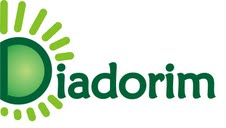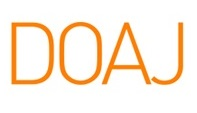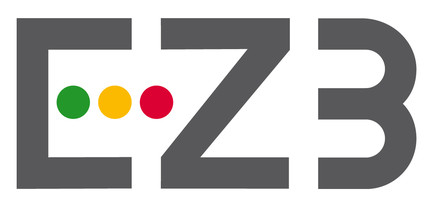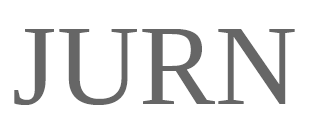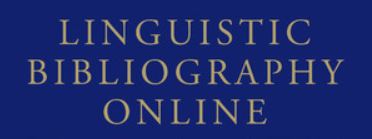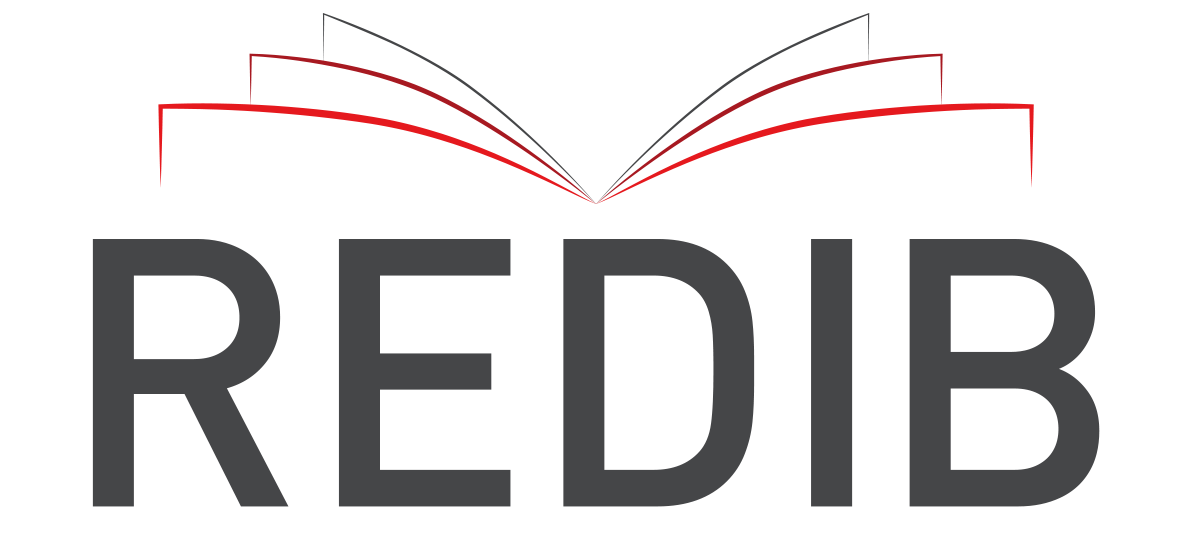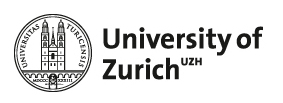Editorial policy
Focus and Scope
Filologia e Linguística Portuguesa, ‘Portuguese Philology and Linguistics’, publishes philological and linguistic studies focused on Portuguese, with a view to contributing to the investigation on languages in general.
Objectives
The journal aims at publishing original work in the fields of Philology and Linguistics. Two volumes are regularly issued each year; in exceptional cases, taking into account their quality and relevance to the fields, and given financing opportunities, special thematic volumes may be proposed beyond the two regular issues.
Target audience
The journal is directed to scholars, students in varied levels of graduation, and the broader audience of readers interested in the fields of Philology and Linguistics, particularly in studies concerning the Portuguese language. It is offered on-line with full open access, allowing readers to search, download, copy and print the complete published articles. The journal is indexed in nine Brazilian and international scholarly databases.
Open Access Policy
This journal is offered publicly on-line with full open access, attending the principles of promoting free and ample circulation of scientific works and contributing to the global democratization of knowledge.
Submission Policy
Each issue contains at least seven and at most ten articles. PhD researchers are the journal's preferential authors. Submissions by researchers in other graduation levels in joint authorship with a PhD researcher are accepted in all cases; submissions by non-PhD researchers without the co-authoring of a PhD may be accepted in exceptional cases, and will never represent more than one case in each seven articles in a given issue.
Submissions by foreign researchers are welcome, constituting the journal’s policy guidelines to dedicate 40% of the articles published in each number to such submissions (i.e., between two and three in every issue of seven articles, and four in every issue of ten articles).
The journal maintains a policy of free submission and open access, no fees applying.
Types of work accepted
The journal is primarily dedicated to publishing original scientific articles. It may include three different sections, according to the relevance and importance of accepted submissions: Papers, Debates and Reviews. Submissions to each section will be considered according to the following guidelines:
- Papers must be original and unpublished, and must necessarily contain final or partial research results; they cannot, under any circumstance, correspond to research projects that have not been started yet;
- Interviews for the debate section must be original and unpublished, and must present scientific relevance for at least one field of knowledge; interviews contemplating narrow interests of a particular research project, or the particular interests of the interviewer or interviewee are outside the scope of the journal;
- Reviews must be original and unpublished, and preferably follow a critical approach, aiming primarily at divulging work of solid academic value; reviews of work published longer than one year prior to the submission will not be accepted.
Peer Review Process
The criteria orienting the review process follow the journal’s policies and scope, and are used as guidelines for consistent and constructive critique.
The journal follows a peer-review policy; interviews and reviews, however, are evaluated exclusively by the journal’s Editorial Board.
The general criteria orienting the review process are the following:
- The guidelines for recruiting reviewers are grounded in the qualification and competence of the invited reviewers, always considering appropriate research areas, and attending rules to avoid conflicts of interest and endogenous relations;
- Each submission is sent to two reviewers, who are invited to evaluate the submission and declare their recommendation for its publication or rejection, in a double-blind and secret evaluation process. The recommendations for publication may be conditioned to alterations in the submitted work, which will be explicitly stated by the reviewers.
- In cases where the recommendations of the two initial reviewers conflict, a third reviewer will be invited to evaluate the submission;
- Conflicts in the recommendation are considered only as regards acceptance or rejection for publication; divergence regarding the recommendation of alterations are not considered as conflicts;
- The standard timeline for the completion of the evaluation process is of four weeks at most, starting from the date of submission via the journal’s system;
- Reviewers have access to submitted documents only after they indicate availability for the evaluation process;
- In the event that reviewers do not respond to evaluation invitations in five days, they will be automatically notified via e-mail;
- In the event that reviewers do not submit the recommendation assigned to them three days after the agreed date, they will be automatically notified via e-mail;
- Reviewers to the journal are evaluated and classified by the editors based on the following scale after each evaluation process:
- 5 points = punctuality, consistence, constructive evaluation;
- 4 points = punctuality, consistence;
- 3 points = consistence, constructive evaluation;
- 2 points = no punctuality, no consistence;
- 1 points = no punctuality, no consistence, no constructive evaluation
Reviewers’ names are not revealed to the authors, under any circumstance whatsoever.
Publication Frequency
Two volumes of the journal are regularly issued each year; in exceptional cases, taking into account their quality and relevance to the fields, and given financing opportunities, special thematic volumes may be proposed beyond the two regular issues.





